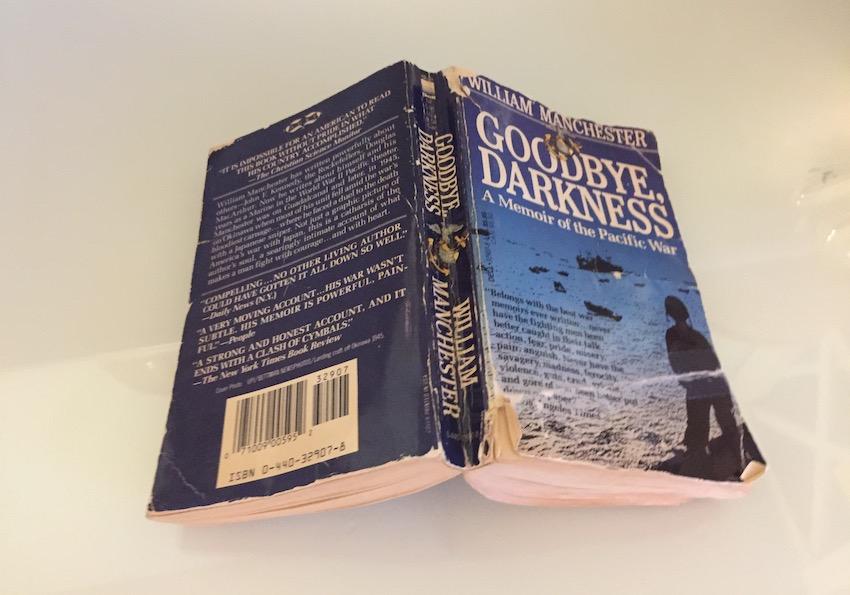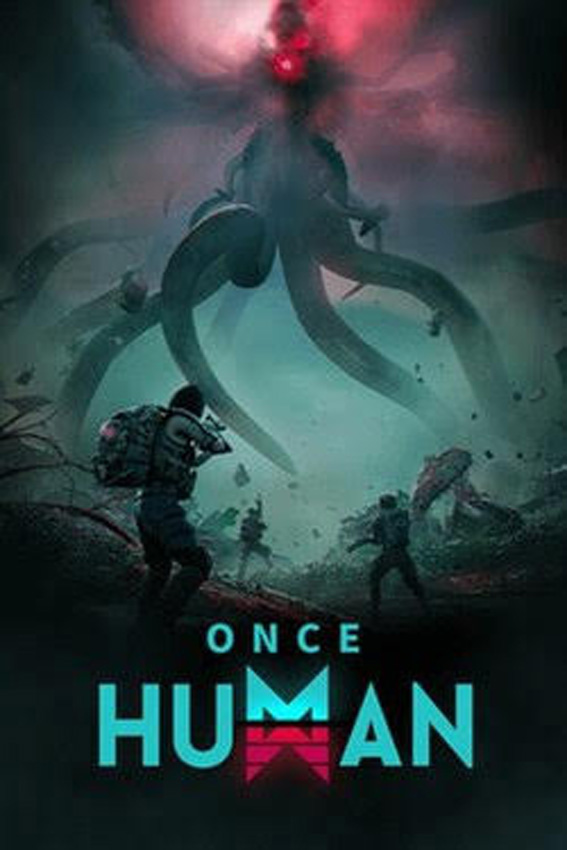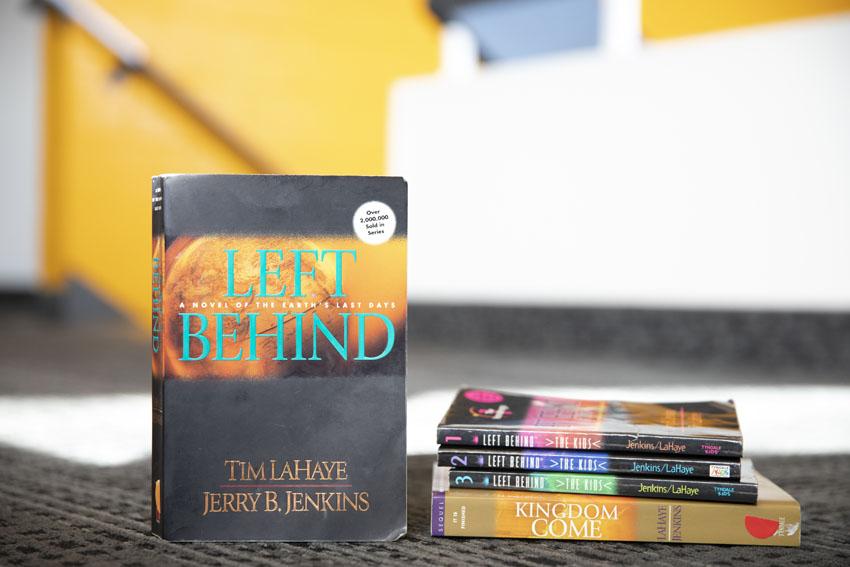War memoir concludes powerful messages about love, courage and society

Today, America idolizes the Greatest Generation, and rightly so. They grew up in a world scarred by WWI, tempered by the Great Depression, and as teenagers and college students, joined a fight against an unprecedented evil.
Before Pearl Harbor, William Manchester, author of Goodbye, Darkness and 17 other books, never imagined himself becoming a soldier. An outcast since elementary, Manchester read Shakespeare rather than play football. To stay in college and keep his passion for writing alive, he worked 84-hour weeks between semesters.
Like 16 million other Americans who joined the US armed forces following December 7, 1941, Pearl Harbor changed the course of Manchester’s life. He still became an accomplished author, but his book Goodbye, Darkness highlights the lessons that war, not college, teaches a person.
The Pacific War through the eyes of a Marine
As a United States Marine, William Manchester lived the full experience of the Pacific Theater in WWII. He fought in nearly every major land battle, from Bataan to Guadalcanal to Tarawa to Saipan to Guam to Peleliu to, the final and most terrible battle, Okinawa.

After washing out of officer training, Manchester received the rank of sergeant and commanded of 15-man company. These men, christened the “Raggedy Ass Marines” for their military sloppiness and disregard of protocol, each left prestigious East Coast colleges. Manchester spent the rest of the war with them, even escaping from a hospital to rejoin his company.
No battle held the same difficulties and dangers as the previous conflict. Manchester gives more than a summary of each campaign; he starts at the top, explaining why the battle was fought, who the leaders were, what mistakes they made, and how the Japanese prepared their defences. By the time Manchester the Marine enters the scene, the reader has a detailed picture of the engagement.
Despite their name, the “Raggedy Ass Marines” are competent and courageous fighters. Other war books have pondered death and the meaning of war without any real conclusions, but Manchester’s company, with their Ivy League educations, tackle these questions in between fights.
Manchester finds a unique way to tell his story
In Goodbye, Darkness, much of the story takes place three decades after the war, following the author’s journey back to island battlegrounds. Before the author reminiscences an island battle, he describes the same island in 1978, which adds another dimension to an already intricate book.

Manchester’s motive for retracing his steps through the Pacific is a recurring dream. In the dream, himself, as an old man, climbs Sugar Loaf Hill (introduced in the story’s climax) and meets himself, the Marine sergeant. The sergeant demands an explanation for what post-war America became, angry that there seemed no point to the war. As the title suggests, Goodbye, Darkness searches to shed light on the war.
The book also covers campaigns that Manchester did not personally participate in. He paints detailed biographies of theater commanders like MacArthur and Nimitz, highlighting their faults and praising their successes.
I appreciated the unique approach Goodbye, Darkness took in telling the story of the war. Manchester managed tell a personal story, without omitting technical details.
What most sets the story apart is that the author does in fact find light at the end. While remaining honest about the tremendous violence and death in war, Manchester wrote a conclusion that left a positive taste in my mouth.
It must be noted that Goodbye, Darkness contains graphic descriptions of violence, sex and language. I believe these were appropriate in the context of the book, however, reader discretion is advised.
Goodbye, Darkness, by William Manchester, can be purchased on Amazon and Barnes and Noble.
For more book reviews, read Review: The Bitter Side of Sweet and The Hate U Give highlights police shootings, shows perspective.
Bryce Foshee can be reached via Twitter @brycer_f and via email.
[rwp_box id=”0″]







